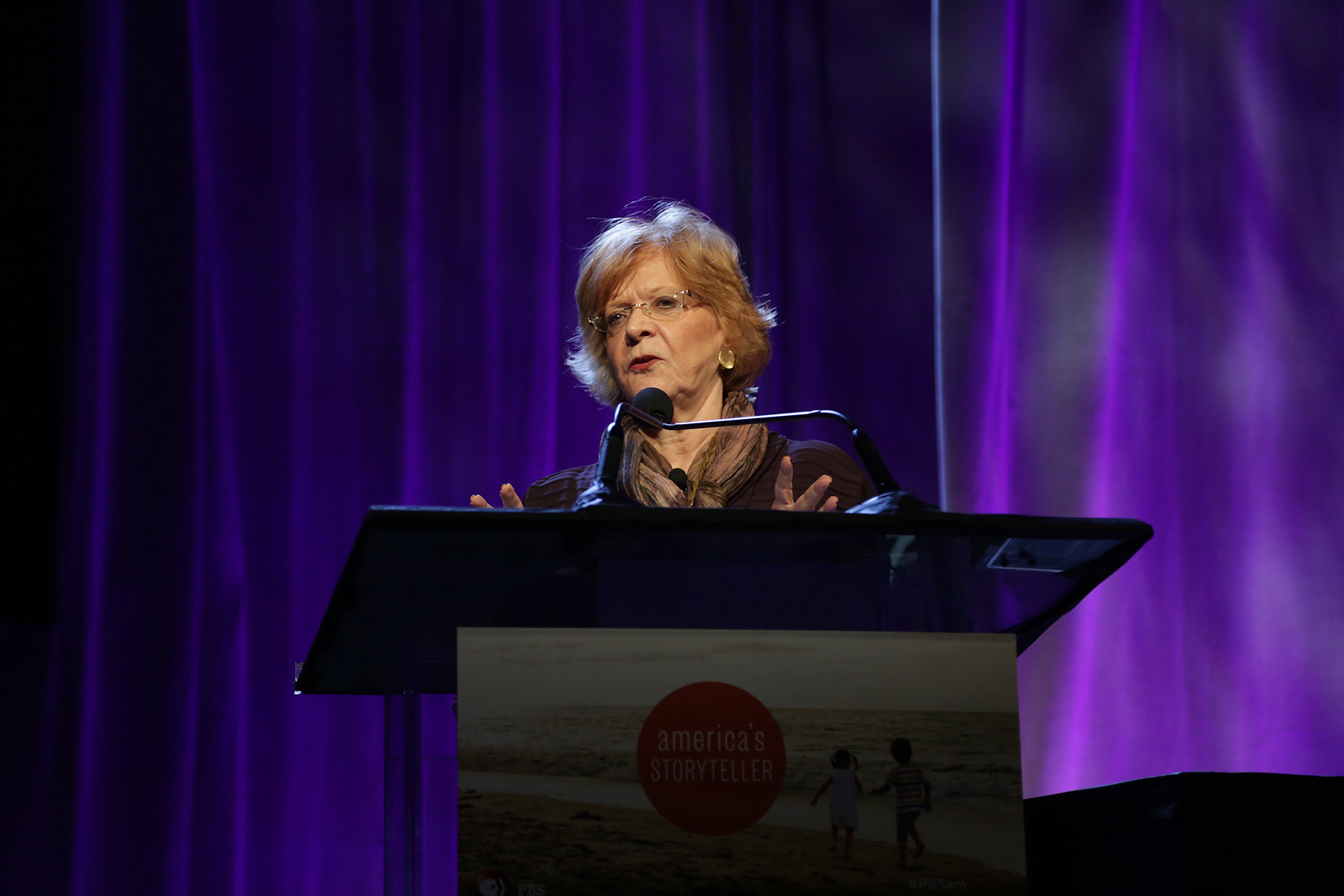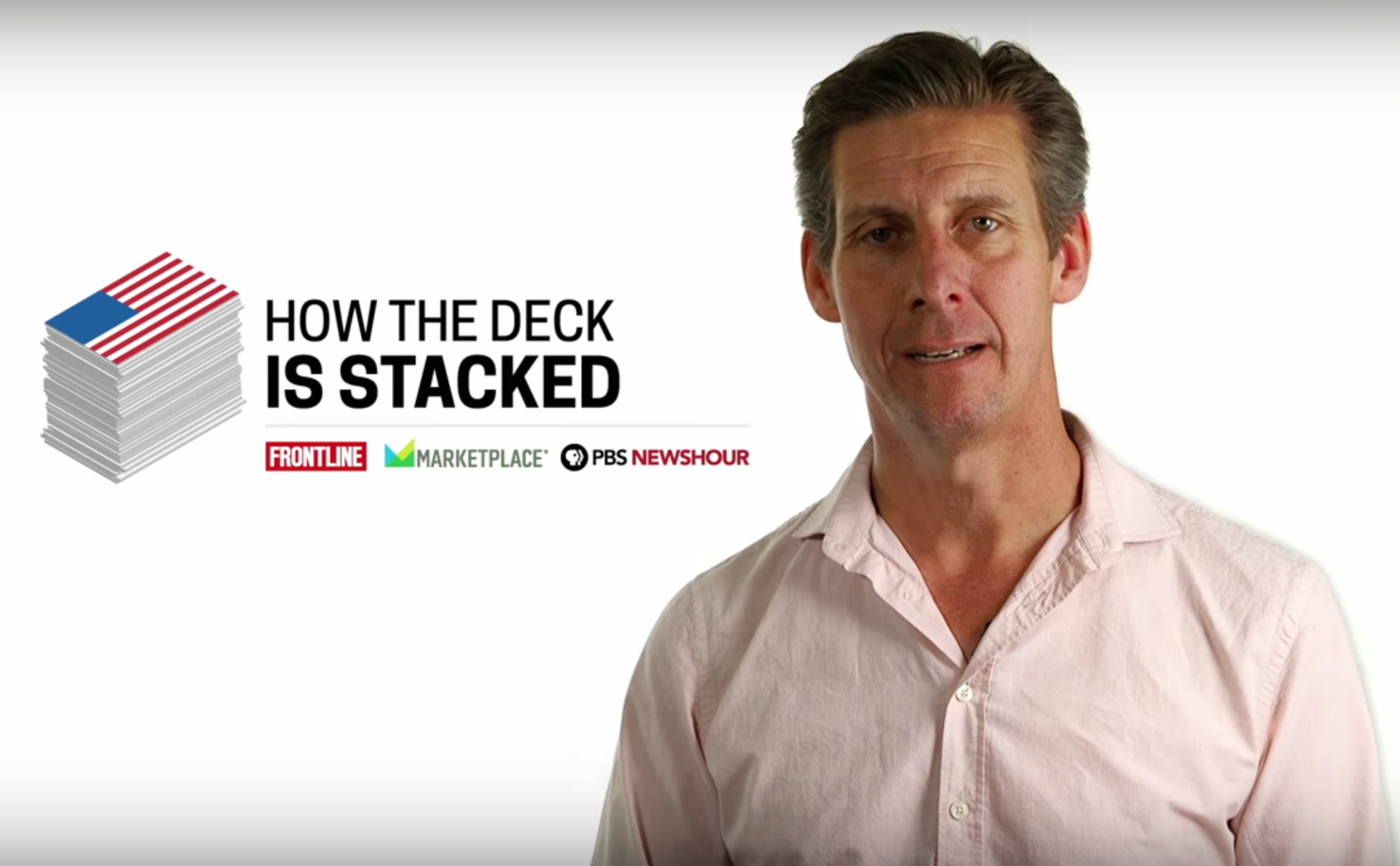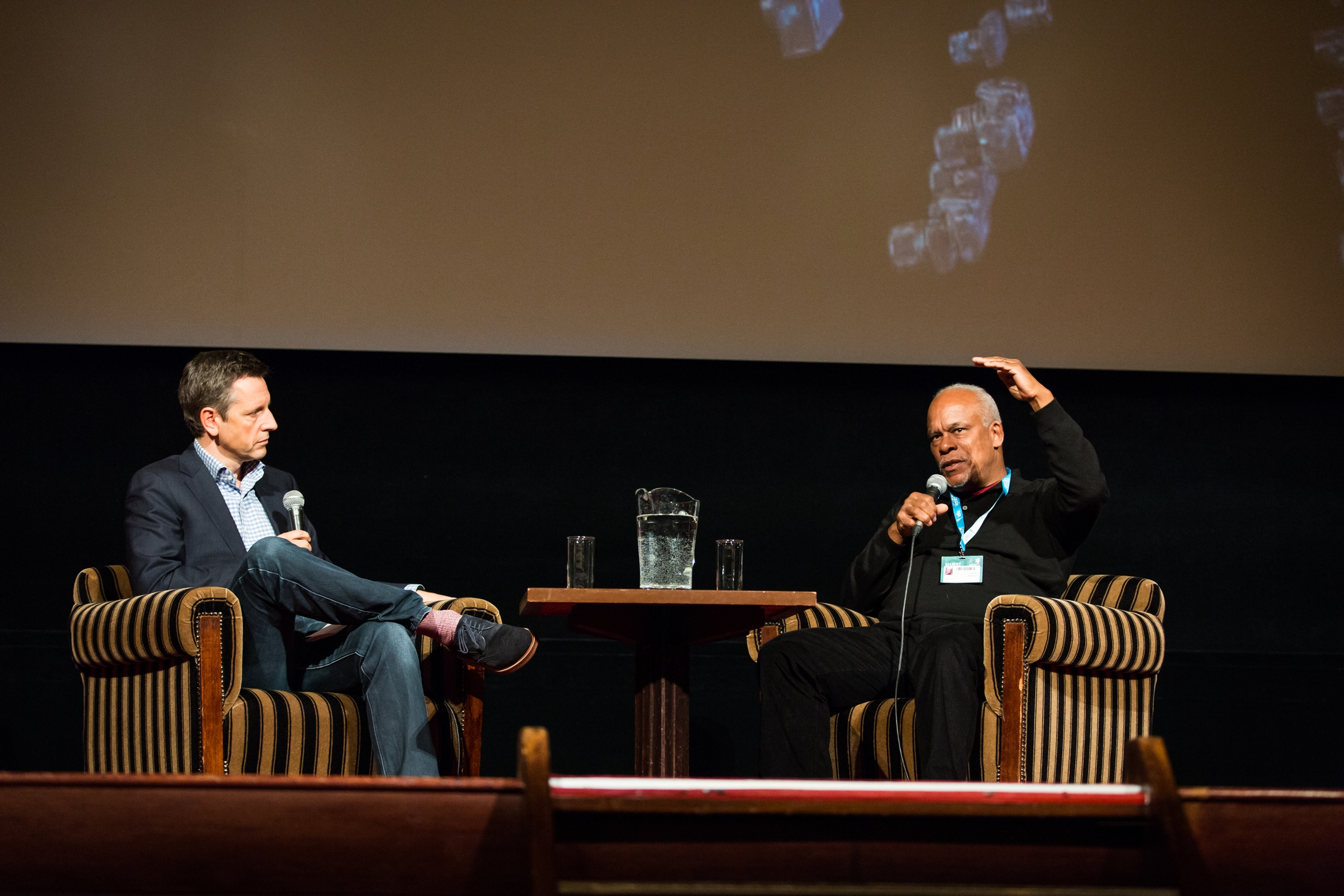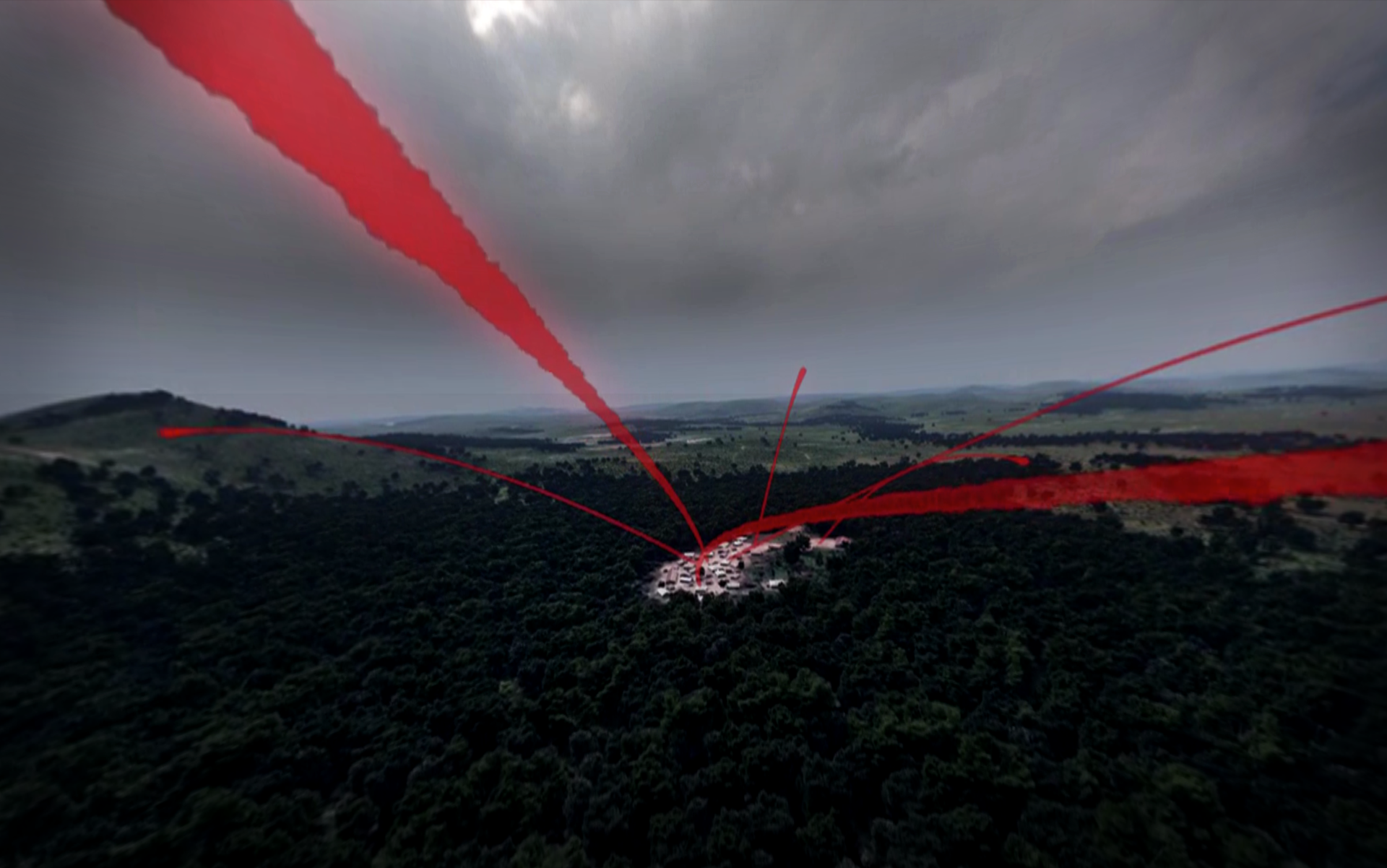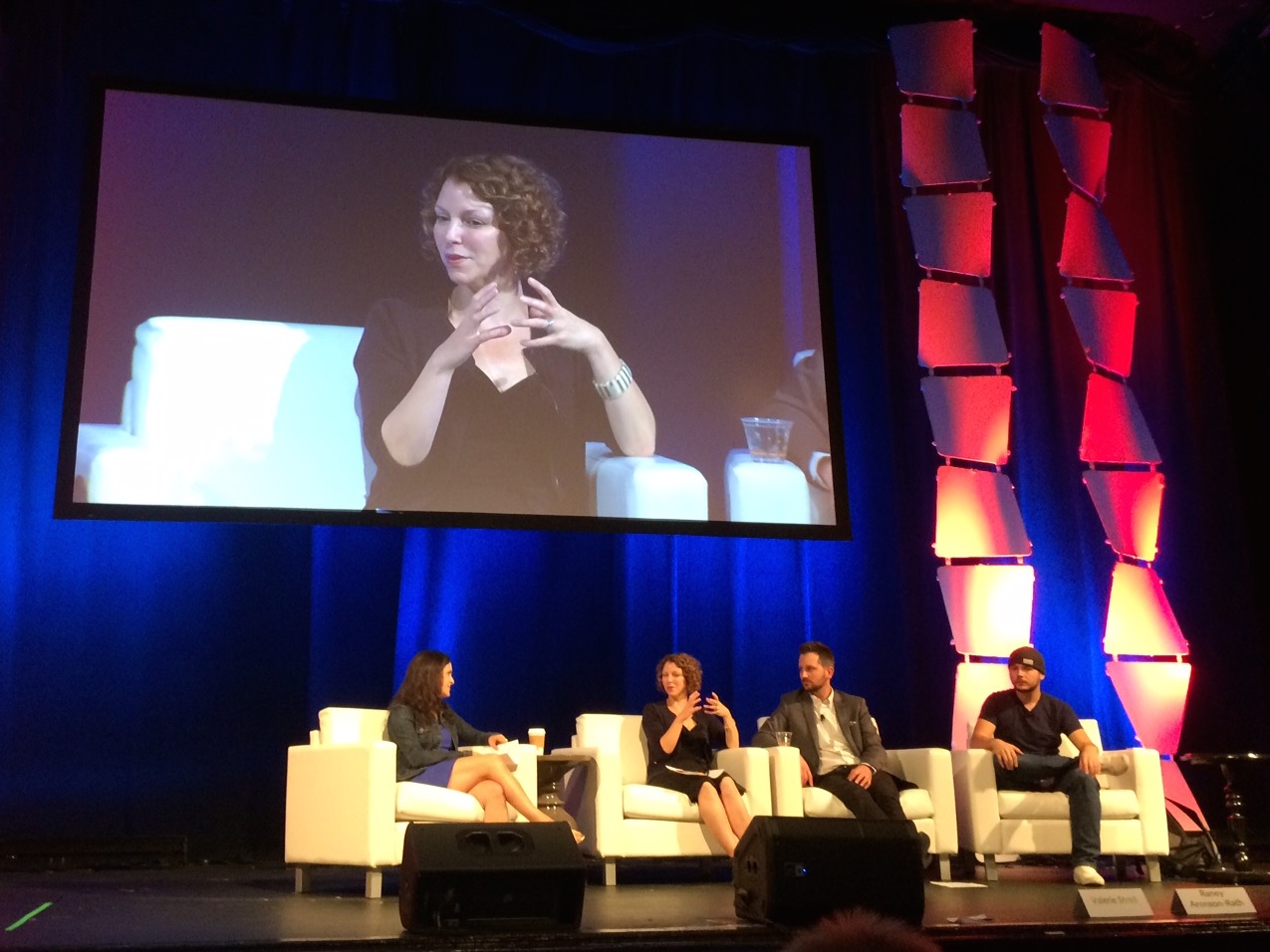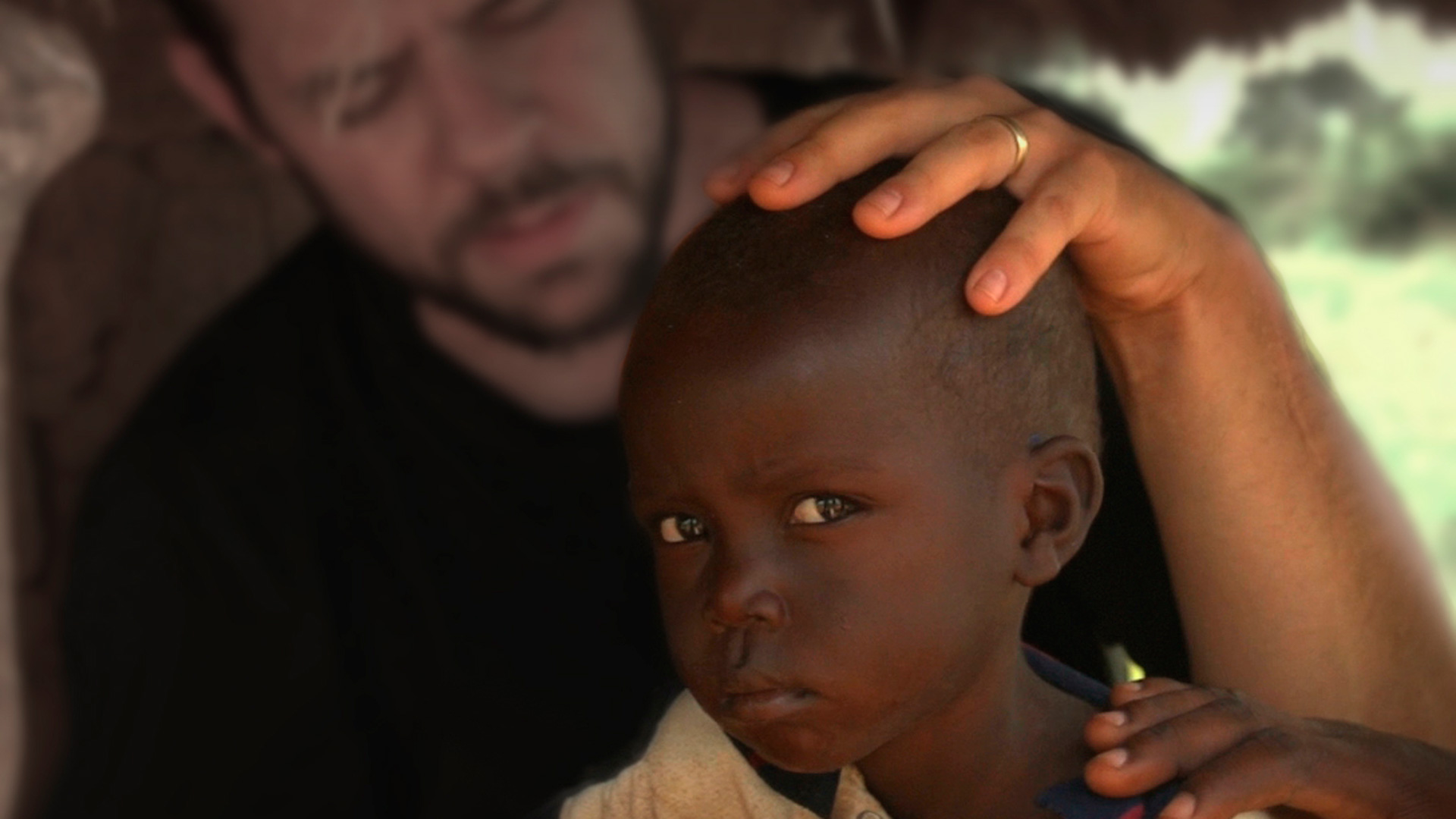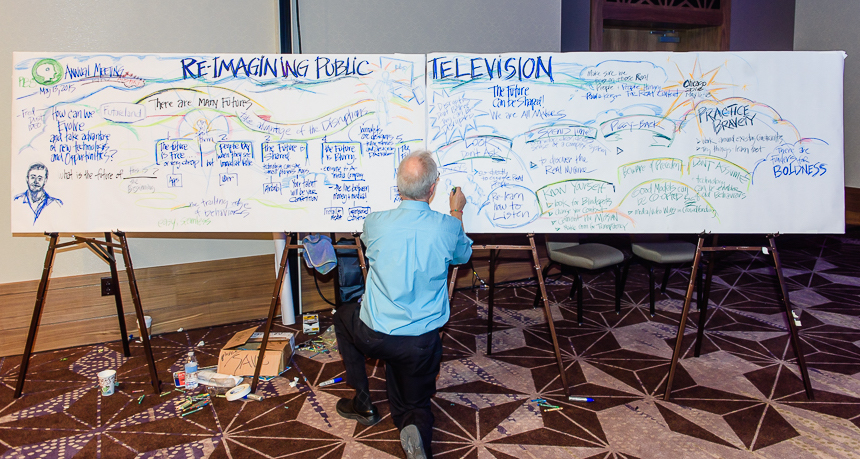Tag: Frontline
NPR’s Andrea de Leon to receive PRNDI’s Leo C. Lee Award, and other awards in ...
Also, New Yorker writer Jelani Cobb will receive a Writers Guild award for his contributions to a “Frontline” documentary.‘Frontline’ doc ‘Divided States of America’ explores deepening rifts in political life
The series will air in two parts Jan. 17 and 18, just days before a new president is inaugurated.With seven wins for ‘Frontline,’ PBS tops TV networks in News & Documentary Emmys
“My Brother's Bomber” and "ISIS in Afghanistan" both received two statuettes.Talk of election takes spotlight at PBS summer press tour
Even panels about shows not overtly dedicated to politics were immersed in campaign theories and analyses.MacArthur’s $25M to nonprofit journalism outlets includes NPR, ‘Frontline’
“This is our enduring commitment to work that is deep, fair and compelling.”Collaborations between radio, TV expand coverage but have limits
National producers and networks are finding ways to work across media, despite challenges posed by technology.U.S. public media steps up at International Documentary Film Festival Amsterdam
The festival has become increasingly important for U.S.–based public media.‘Frontline’ virtual-reality doc takes viewers into heart of Ebola outbreak
The film grew out of Executive Producer Raney Aronson-Rath’s fellowship with the Massachusetts Institute of Technology.Pubmedia and nonprofit news well represented at 2015 ONA Awards
NPR, The Texas Tribune and Missouri's KBIA-FM were among the public media winners at the ceremony in Los Angeles Saturday.At ONA, news execs recommend innovative approaches to YouTube
News organizations should free themselves to differentiate YouTube content from their marquee products, the panelists advised.Makers, subjects of PBS’s indie docs bring diversity to public TV, study finds
The study’s authors argued that films such as God Loves Uganda are central to public TV’s mission.The Pub, #21: Frontline’s new leader, Raney Aronson; What it means to “distribute” a show; How education can ...
On our podcast, Frontline’s new EP goes deep on how the show is produced and her vision for its future.‘New age of digital learning’ prompts PBS to rethink education space
The public broadcaster is “reimagining the very core” of its “educational value proposition.”CPB’s $7.5M in pubmedia news grants honors slain Charlie Hebdo journalists
CPB reacted Jan. 8 to the attack on journalists at the French satirical publication Charlie Hebdo by announcing grants totaling $7.5 million to four ...Friday roundup: Frontline tries out virtual reality; Gerdeman talks development trends
Plus: MoJo's nonprofit mojo, and Judy Woodruff's biscuits.





